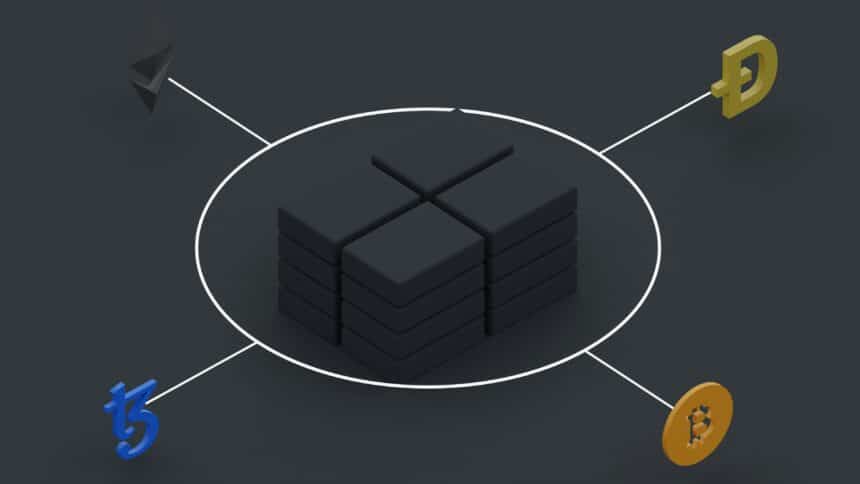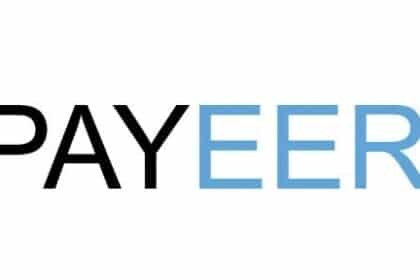Offchain Labs has reportedly hit the crypto news bulletin with the introduction of Arbitrum Stylus on the mainnet, achieving a notable milestone in developing advanced decentralized applications (DApps). This new virtual machine is allegedly crafted as backward-compatible, making transitioning traditional coders into the Web3 space convenient. By enabling developers to use WebAssembly (WASM)-)-compatible languages, Arbitrum Stylus paints an optimistic future of enhanced performance with reduced gas fees.
The Growing DApp Development
Arbitrum Stylus has supposedly brought brand new avenues for developers by allowing the use of traditional coding languages on the Arbitrum blockchain. This advancement is poised to boost the creation of powerful Web3 applications with massively lower gas fees. Offchain Labs, characterized for making the Arbitrum blockchain, expects to eradicate common barriers that have obstructed the adoption of decentralized technologies.
Ed Felten, co-founder and chief scientist of Offchain Labs reportedly spoke at the Korea Blockchain Week conference on September 3 and emphasised how Arbitrum Stylus joins two primary methods of writing smart contracts on blockchains. These comprise the Ethereum Virtual Machine (EVM) and conventional programming languages like Rust, C, and C++. Felten stressed Arbitrum Stylus’s flexibility for developers, saying, “Now developers have the choice to develop their contracts in either style, and they’ll all run together on the same chain in a way that is fully interoperable, fully composable.”

Boosted Performance with Arbitrum Stylus
One of the primary benefits of Arbitrum Stylus is that it can allegedly execute programs notably faster than the Ethereum Virtual Machine (EVM). According to Offchain Labs, some Stylus programs have shown performance up to 70 times quicker than those built on the EVM. This enhancement enables more transactions within the same gas range, cutting down costs and making formerly non-feasible applications surge through.
Steven Goldfeder, CEO and co-founder of Offchain Labs, talked about the results of these performance gains. He stated that developers can now broaden their market offerings with Arbitrum Stylus, leveraging its augmented computational efficiency. This development is especially in-line for applications that need high computational power, which were either too expensive or completely impractical with the EVM framework.
Felten stated that Stylus’ support for multiple languages supports developers to build on Arbitrum using “whatever tool makes the most sense for them.” This flexibility reportedly widens the range of potential applications along with nurtuting innovation within the Web3 landscape.
What Does the Future Hold?
Offchain Labs allegedly has a visionary sight for the future of Arbitrum Stylus. The company hopes to bring other modern protocols, like zero-knowledge proofs (ZK-proofs), into the Arbitrum ecosystem. ZK-proofs are famous for their high computational needs and linked costs, which Stylus aspires to minimize. Felten expanded on his plan for the future of Web3, stating, “I think the future is a hybrid protocol that includes some optimistic elements and some ZK elements that, in fact, that is better than either pure optimistic or pure ZK.”
He supposedly believes that this hybrid approach will be more efficient in terms of cost in a non-specialized environment, making the way for more advanced and complex decentralized finance (DeFi) applications. The cost cuts powered by Arbitrum Stylus are intended to shape this evolution, enabling developers to craft more sophisticated and secure smart contracts.

Conclusion
The launch of Arbitrum Stylus on the mainnet is a huge milestone in the Web3 development ecosystem. By empowering the use of conventional programming languages alongside the Ethereum Virtual Machine, Arbitrum Stylus crushes several obstacles that have limited DApp development in the past.
With its escalated performance, lower gas fees, and future integration plans, Arbitrum Stylus appears to be on its way to becoming an integral tool for developers aiming to create the next generation of decentralized applications. As the Web3 landscape continues to evolve, the flexibility and efficiency brought by Arbitrum Stylus appear to open doors of innovation and adoption across the industry. Learn more about Web3 advancements with TheBITJournal.




























